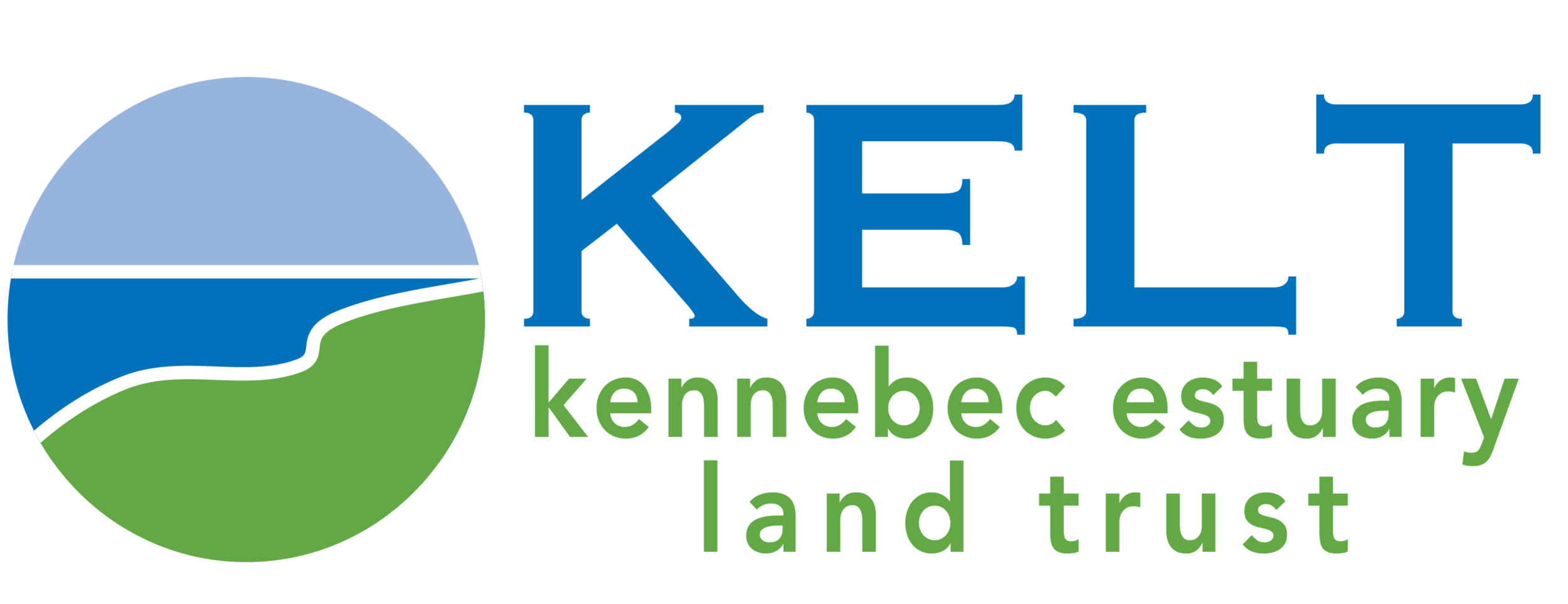Clamming at Hermit Island: Adventures of the Phippsburg Fourth Grade
Photos by Michelle Antoinette, Antoinette Photography
Originally thinking we were in for heavy rain and wind, we quickly realized the backdrop for our clamming field trip with Phippsburg Elementary School was the most quintessential midcoast day - truly something out of a local children’s book (think One Morning in Maine). Fog shrouded the evergreens and rocky shore in moody gray and darkened the mud flats as the tide rolled out, but no major storm appeared. Of course, we should have known, looking at the weather forecast is an egregious act under the laws of digging. The moment you set your rake down, the sky inevitably clears and suddenly you’re missing out on a fine day for clamming.
Stepping off the bus at Hermit Island, Phippsburg fourth graders were met by KELT staff and local diggers (Dave Gray, Terry Watson, Teddy Lemont, Danny Moore). They didn’t hesitate, even for a moment, before getting down in the mud, rakes in hand, competitive spirits high - in search of the best clam. Two hours of digging later and baskets full of softshells, quahogs, mussels, and worms, you would think they’d had enough - but no, quite the opposite! These dedicated students sighed with disappointment when called away from their work, sneaking away for a final chance to sink the teeth of their rake beside a depression in the mud (a small hole that signifies a clam lays underneath) to unearth one last treasure.
For KELT, this program is what we do best - community based, outdoor learning at its finest. For local diggers, this program is vital for their industry. They’re honest about the reality of clamming - they’re an aging population in need of a younger generation of workers. But it’s not a job without perks. All smiles and laughs, these guys shared with us the true joys of their work, what keeps them coming back every season…
“I’ve been digging for fifty years. I said I’d do it until I figured out what I wanted to do with my life. I don’t know if I never figured it out, or if I had it figured out all along.” - Terry Watson
What makes it all worth it?
“No other job allows you to move your body every day and get paid to do it.” - Dave Gray
“I’ve never filled out a job application or had a boss in my life.” - Terry Watson
“The sunrises and sunsets I get to see everyday... Fish swimming at your feet…Watching osprey and bald eagles above you…” - Terry Watson, Dave Gray
This program, along with SALTY, achieves our mission to connect every local child to the aquaculture industry. Some students are from clamming families while others have never stepped foot on a clamming flat, a divide between neighbors that can be easily remedied. This program levels the playing field, so all students can feel empowered to pursue and protect this work.
Students also learn how vulnerable our clams really are, whether that be at the hands (or rather claws) of invasive species like green crabs, or because of ocean warming and acidification. Anything we can do to help them, helps us too.
One thing we can do to protect our clams is seeding them, using both wild and farmed clams. The first operation is to support our wild clam population. Diggers lay down mesh boxes along the flat, so that when adult clams start producing, the young seed will be protected from predators. The second operation relies on farmed seed. Diggers lay down large rectangular netting with buoys in the center that allow it to float. They then dig out trenches surrounding the net, disperse the seed on the plot, and bury the edges of netting in the mud. This strategy also protects the young clams from predators, allowing them to mature.
On our KELT field trip, students had the chance to participate in this important act: hammering in the mesh boxes and laying down the large nets. The diggers shared with students how these small acts protect the clams and the clamming industry for a sustainable future. This is an important and necessary part of their jobs. Every digger must fulfill a certain amount of conservation hours to hold a clamming license, and many go above and beyond to ensure the industry succeeds by holding positions on the Phippsburg Shellfish Commission, for example.
These Phippsburg fourth graders are the future protectors of our clam flats, waterways, and other beloved landscapes. Educating them alongside local clam diggers embodies KELT’s mission to instill appreciation of the land and water resources of the Kennebec Estuary to benefit today’s communities and future generations.















